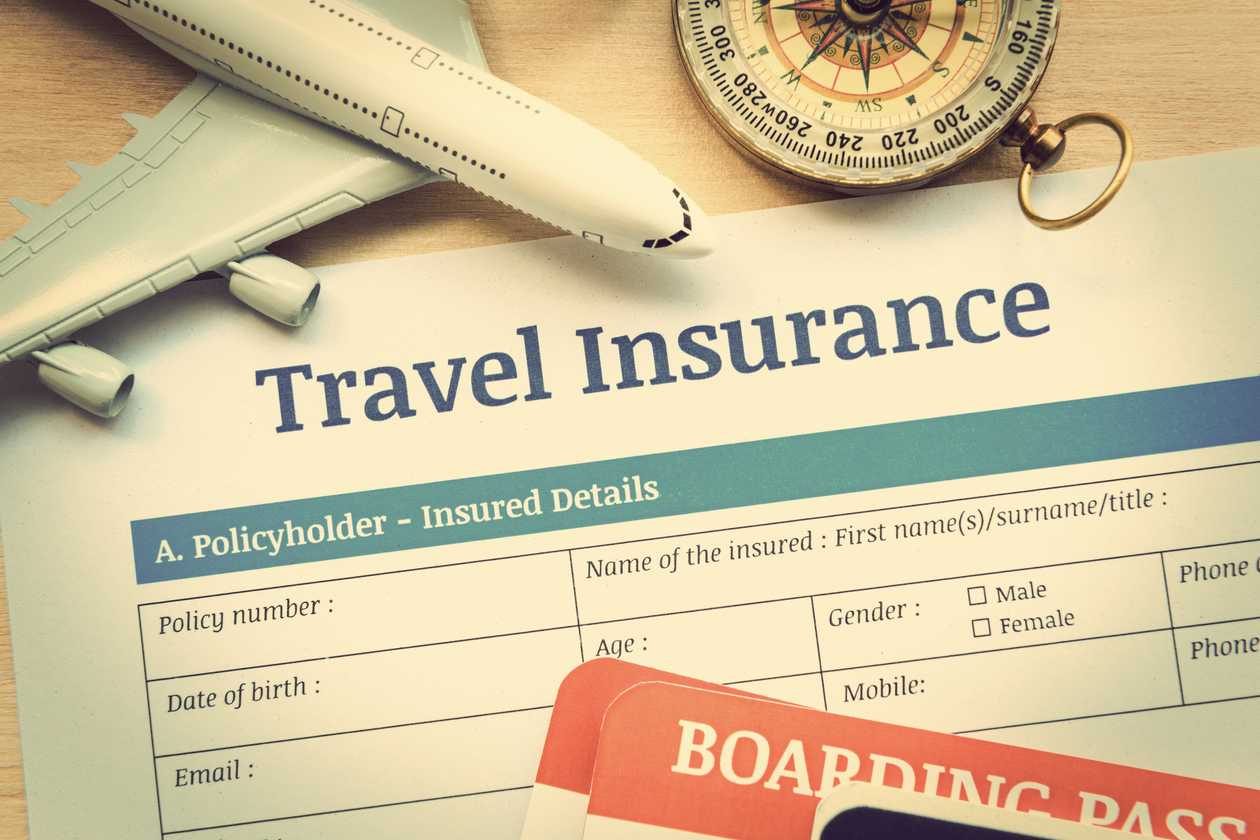Travel insurance is a crucial component when planning a trip. It provides financial protection against unforeseen circumstances that may occur both before and during your journey. From trip cancellation to medical expenses coverage, travel insurance can save you from significant financial burdens. But how much does it actually cost? Let’s find out.
Factors that impact the cost of travel insurance
Several factors influence the price of travel insurance. Understanding these factors can help you determine what you’ll pay and make an informed decision.
Trip Cost
The cost of your trip plays a significant role in the price of travel insurance. Unsurprisingly, bigger and more expensive trips tend to have higher insurance costs. However, it’s essential to note that this is based on your prepaid, nonrefundable expenses. So, even a shorter domestic trip with many prepaid expenses might have a higher insurance cost than a more extensive trip abroad with fewer prepaid expenses.
Age
Age is another determining factor in travel insurance rates. As with health insurance, the older you are, the more you’ll have to pay. Insurance companies have age brackets based on claim amounts and volumes. Younger travelers generally pay less than older ones.
Health of Travelers
Your health condition also plays a role in determining policy prices. If you have pre-existing health conditions, you might pay a higher premium or be exempt from certain coverage. It’s crucial to disclose any existing health issues when purchasing travel insurance.
Plan Type
Basic travel insurance plans are more affordable than high-end plans because they offer less coverage. However, always compare the price difference between a basic and an expensive plan to see if the additional coverage justifies the cost. Additionally, frequent travelers can opt for an annual travel insurance plan, which offers convenience and potentially lower costs.
Deductible
Similar to other types of insurance, choosing a lower deductible may result in a higher travel insurance cost. A lower deductible means paying less out-of-pocket if you need to file a claim.
Number of Travelers
If you’re traveling with family or a group, you can have one travel insurance plan covering multiple people. Each person will have their premium, and generally, the more people on a policy, the more expensive it will be.
Destination and Trip Length
Some travel insurance carriers factor in the destination’s safety level when calculating prices. If you’re visiting a country with high crime rates or experiencing unrest, your insurance may be higher due to perceived risks. Additionally, longer trips may cost more to insure because they involve more prepayments and a higher probability of unexpected events.
Considerations before buying travel insurance
To get the most value out of your travel insurance, it’s best to purchase it when booking your trip. Buying it soon after your first deposit allows you access to optional upgrades and potential waivers for pre-existing condition exclusions. When choosing a plan, consider your travel destination and specific needs. For example, if you’re traveling to the Caribbean, you might want coverage for trip cancellation, interruption, and medical expenses due to severe weather and potential medical emergencies.
Is travel insurance worth the money?
Yes, travel insurance is undoubtedly worth the investment. It provides financial protection and peace of mind, allowing you to fully enjoy your travels. Travel insurance covers various aspects, including trip cancellation, medical emergencies, and lost baggage. It also offers benefits that domestic health insurance may not provide, especially when traveling abroad.
Do travel credit cards offer travel insurance?
While some credit cards offer travel protection benefits, it’s important to evaluate if those benefits meet your travel requirements. Check with your credit card issuer to determine the coverage offered for trip cancellation, interruption, baggage loss, travel medical expenses, and emergency medical evacuations. Some may provide primary coverage, while others offer secondary coverage, requiring coordination with your primary health insurance provider.
Should I purchase ‘cancel for any reason’ coverage?
Basic travel insurance plans only cover trip cancellation for specific reasons listed in the policy documents. If you want more flexibility to cancel your trip beyond these reasons, consider upgrading your plan to include ‘cancel for any reason’ coverage. This premium coverage allows you to cancel your trip for any reason, as long as you do so at least 48 hours before departure. However, certain exclusions apply, so always read the fine print before making a decision.
Travel insurance is an essential investment that ensures your financial well-being during your trips. Protect yourself and your loved ones by purchasing travel insurance that suits your needs. Remember, it’s always best to buy it at the time of booking your trip to maximize its value.
For more informative articles on personal finances, visit Personal Finances Blog.

